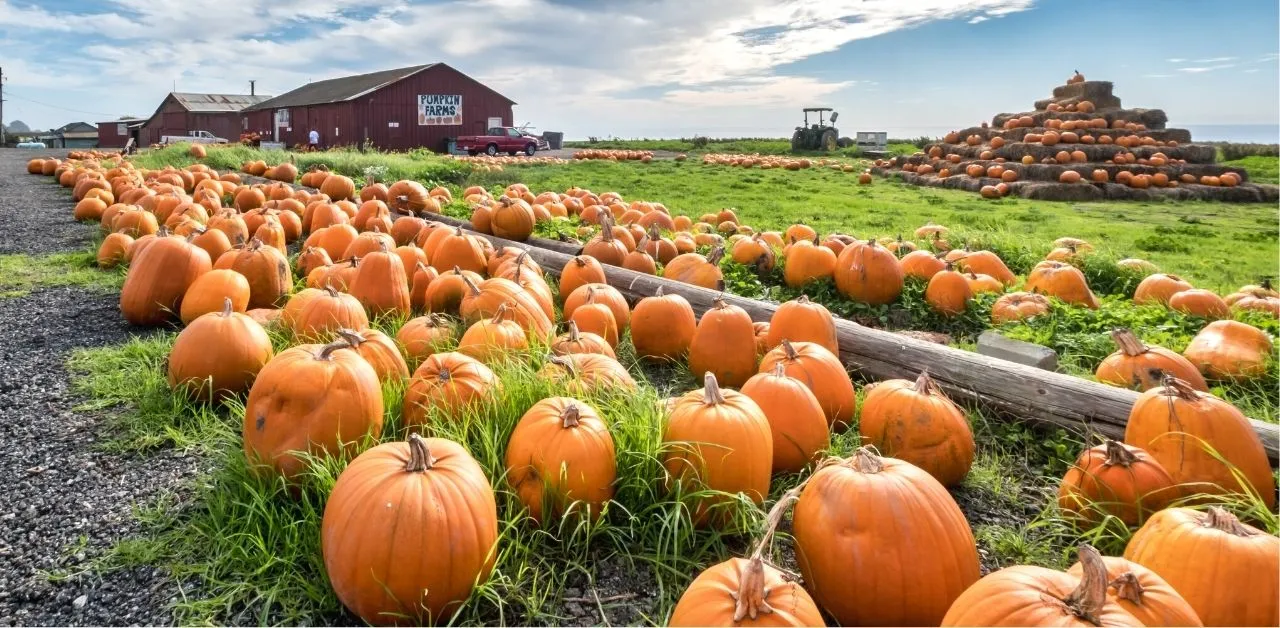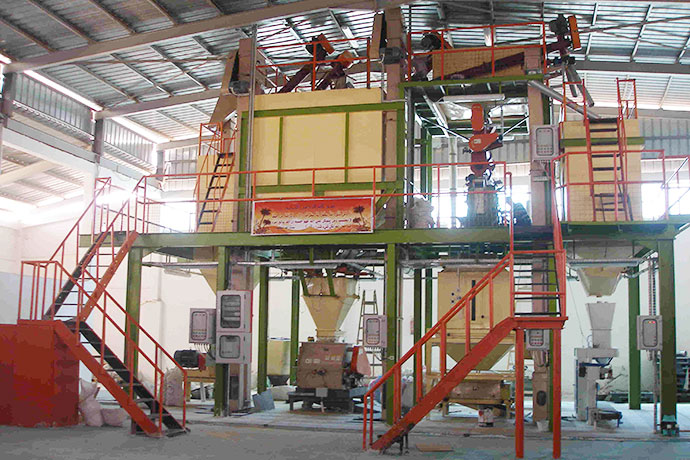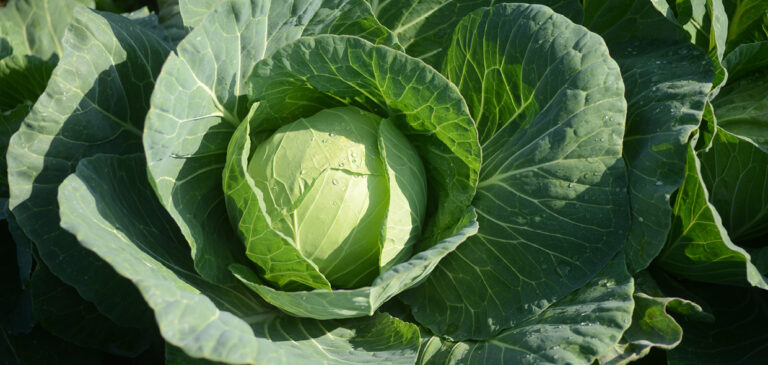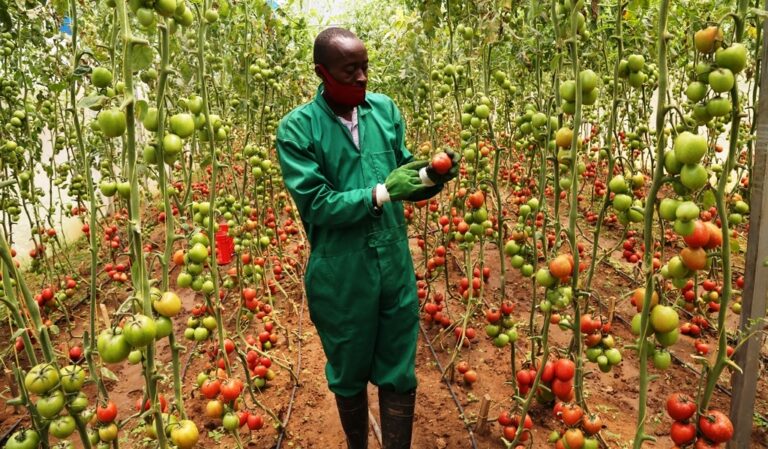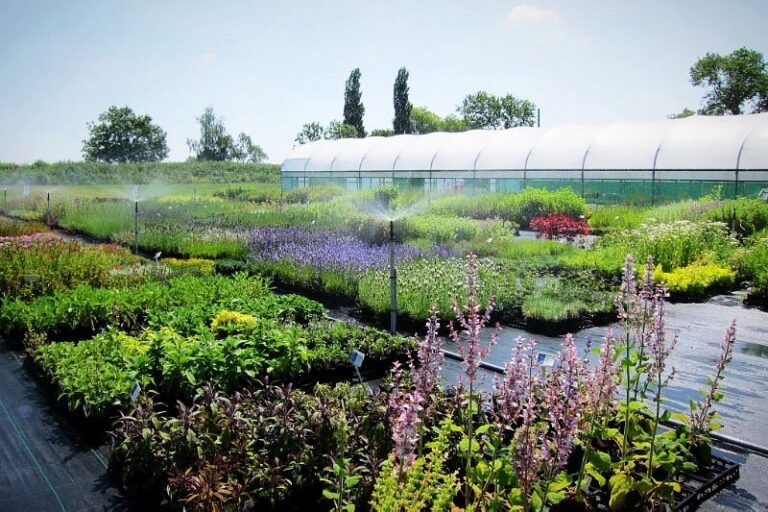Pumpkin Farm
Introduction
Our pumpkin farm business plan aims to create a profitable and sustainable pumpkin farming enterprise in Africa that will meet the needs of local consumers and attract tourists from nearby countries. The business will be located in a rural area with a favorable climate for growing pumpkins, and will specialize in producing high-quality, organic pumpkins for sale at local markets and to wholesale customers.

Market Analysis:
The demand for pumpkins is growing in Africa, with consumers seeking fresh, locally-grown produce for various celebrations and events. Our target market is families and individuals who are looking for healthy, sustainable, and affordable food options, as well as tourists who visit the rural area for its scenic beauty and cultural heritage. We will also target wholesale customers, such as local grocery stores and restaurants, who are looking to source high-quality pumpkins for their customers.
Products and Services:
Our pumpkin farm will offer a variety of pumpkin sizes, colors, and shapes, including traditional orange pumpkins, white pumpkins, and decorative gourds. We will also offer value-added products, such as pumpkin pies and roasted pumpkin seeds, to further increase our revenue streams. In addition, we will provide educational opportunities for visitors, including tours of the farm and demonstrations of pumpkin farming and processing techniques.
Marketing and Sales:
Our marketing strategy will focus on leveraging local media to reach our target market and promoting our farm through social media platforms, such as Facebook and WhatsApp. We will also participate in local markets and festivals to showcase our products and reach new customers. Our sales strategy will include direct sales to customers at the farm, wholesale sales to local grocery stores and restaurants, and online sales through our website and e-commerce platforms.
Operations and Management:
Our pumpkin farm will be managed by a team of experienced farmers and business professionals who have a passion for sustainable agriculture and a commitment to producing high-quality pumpkins. We will use sustainable farming practices, such as crop rotation and cover cropping, to ensure the long-term health of the soil and protect the environment. Additionally, we will utilize modern farming technologies, such as precision irrigation and GPS-guided tractors, to maximize efficiency and minimize waste.
Financial Projections:
Our financial projections show that the pumpkin farm will generate positive cash flow within the first year of operation and will achieve profitability by the third year. Our start-up costs, including land purchase, seed and seedlings, equipment, and operating expenses, will be funded through a combination of personal savings and loans from local banks and financial institutions. Our revenue streams will include sales of pumpkins, value-added products, and farm tours and events.
Conclusion:
With its growing demand and favorable market conditions, a pumpkin farm has the potential to be a profitable and sustainable business in Africa. By offering high-quality, organic pumpkins and value-added products, and by utilizing modern farming technologies and sustainable practices, we believe that our pumpkin farm will be successful in meeting the needs of local consumers and attracting tourists from nearby countries.
| Pumpkin Farm Income Statement | Year 1 | Year 2 | Year 3 |
| Revenue | $100,000 | $120,000 | $140,000 |
| Cost of Goods Sold | $50,000 | $60,000 | $70,000 |
| Gross Profit | $50,000 | $60,000 | $70,000 |
| Operating Expenses | $30,000 | $35,000 | $40,000 |
| Depreciation | $5,000 | $5,000 | $5,000 |
| Interest Expense | $2,000 | $2,500 | $3,000 |
| Taxes | $5,000 | $6,000 | $7,000 |
| Net Income | $8,000 | $11,500 | $15,000 |
Note: This is a sample financial statement and the numbers are for illustrative purposes only. The revenue, cost of goods sold, and expenses will vary depending on the size and location of the pumpkin farm, as well as other factors such as weather, market demand, and management decisions.

